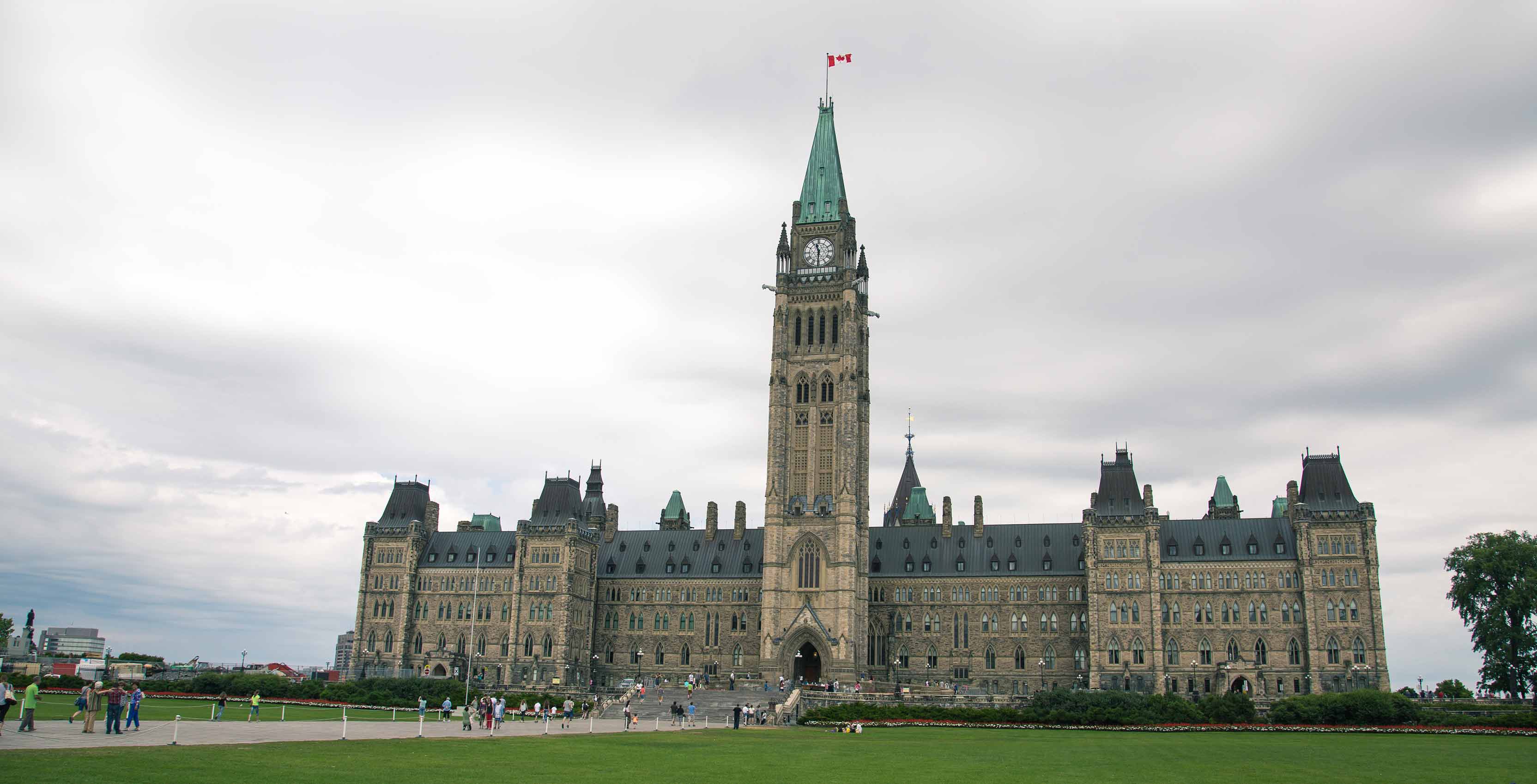
A paper prepared for Elections Canada suggests that bots on social media should be monitored and regulated in the same way as automated phone messages during federal campaigns.
Since 2011, parties using a a call service provider to contact voters have been required to register with the Canadian Radio-television and Telecommunications Commission (CRTC), lest they face a fine of $1,500 up to $15,000. The law came in response to thousands of voters reporting that they received live and automated phone calls allegedly from Elections Canada that led them to the wrong polling stations.
Now, Elections Canada is concerned that similar misinformation can be spread through bots or other means online. In its paper, Elections Canada proposes setting up a voter contact registry for any company or political entity that uses bots during election campaigns. Bot providers would be required to provide specific information about their services upon registration.
The paper says this approach might encourage creation of accountability practices and codes of conduct for the use of bots.
The proposed bot voter registry follows a June 2017 report from the Communications Security Establishment (CSE), Canada’s cyber spy agency, which warned that hackers will likely try to influence the results of Canada’s 2019 federal election.
In response, Facebook announced an election integrity initiative in September which will see the social media giant working with the government and other organizations to help prevent any outside meddling.
Among other endeavours, Facebook said it will partner with Canadian not-for-profit charitable group MediaSmarts to promote digital and media literacy, as well as training programs and resources for politicians to maintain election integrity.
Facebook has also admitted that it and other kinds of social media can be damaging to democracy, especially in the wake of its criticism for its inadvertent role in influencing the 2016 U.S. presidential election. Last year, it was revealed that agents likely operating out of Russia used Facebook to share over 80,000 ads containing fake news around sensitive topics like race and immigration.
More recently, Facebook and political consulting firm Cambridge Analytica came under fire for obtaining the personal information of 50 million users without permission. Facebook faced widespread criticism for failing to protect its user data, while Cambridge Analytica was blasted for exploiting that data to benefit the U.S. president Donald Trump’s 2016 campaign.
The revelation came from Cambridge Analytica Canadian whistleblower Chris Wylie, who said the firm created profiling algorithms that “took fake news to the next level” and aimed to “explore mental vulnerabilities of people.”
Following all of this news, Canada’s privacy commissioner Daniel Therrien said his office will contact Facebook to determine whether Canadians were broadly affected by the Cambridge Analytica data breach.
Via: CityNews


